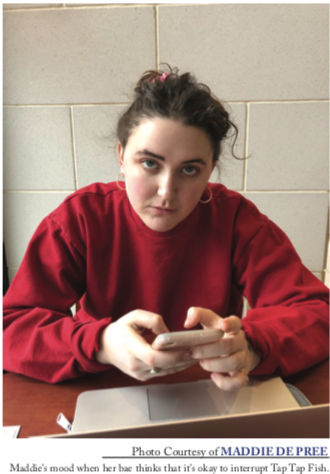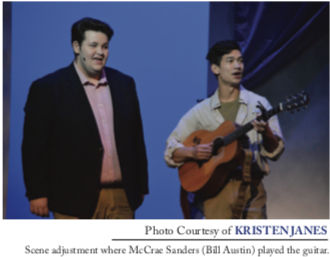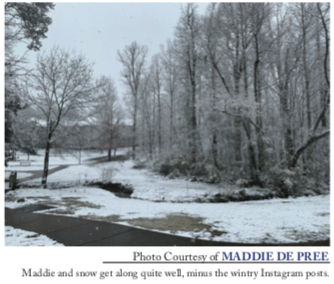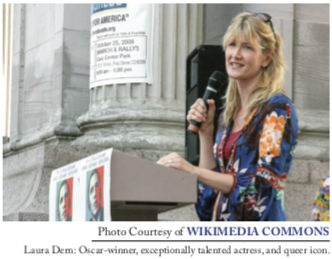Singing, clapping and belly patting. If you attended the Gullah Geechee Connections Cultural Life Program event (CLP), you will remember these sounds quite vividly from Tuesday, Feb. 16; however, even if you weren’t in attendance, I hope to convince you of the enigmatic energy evoked by speaker Ronald Daise that had even the most worn out Furman students producing these joyful sounds.
Born into a family of nine children on Saint Helena Island in South Carolina, Ron Daise grew up in a region rich in Gullah-Geechee history. Daise wears many hats as an author, performer, educator and singer-songwriter, but in every role he takes on, Daise serves as a Gullah Geechee Preservationist. Gullah has been coined by some to refer to the North and South Carolina coasts, while Geechee typically refers to the coastal areas of Georgia and Florida; however, the joined term, Gullah-Geechee, encompasses the language, culture and people of both these areas. West African slaves, from countries like Sierra Leone and Ghana, were placed specifically in these Southeastern parts of the United States because they were “well fnown fa growin’ rice,” as Daise’s song states. The term Gullah-Geechee began to emerge to describe these distinct pockets of West African communities. Despite its rich cultural roots, some members of these communities, even Daise himself, have felt shame in self identifying as Gullah-Geechee, believing their heritage was born solely out of the institution of American slavery. However, in his CLP, Daise illuminates the powerful connections between the Gullah-Geechee culture and Western Africa with hopes that people will find a renewed pride within the Gullah-Geechee name.
“Everyone when in Ghana, can drop their masks…and just be free.” This quote from one of Daise’s poems poignantly describes his first trip to Ghana in 2004, where he first experienced the striking resemblances between Western Africa and Gullah Geechee. Daise not only points out the shared physical attributes between Gullah Geechees and West Africans, but also revealed the many other interconnections between the two cultures. One of these similarities was language, as many Gullah Geechee words are rooted in West African languages. While some people delegitimize the Gullah language by attributing its unique dialect to its speakers so called “large lips or low intellect,” this language actually originated out of necessity aboard slave vessels. West African slaves from different areas used this new language in order to bridge the gap between their individual languages and communicate with one another. Through the fable of Anansi the spider, Daise underscored the cultural importance or storytelling or “swapping lies” in both West Africa and Gullah Geechee regions. Finally, Daise emphasized another connection: food. Rice not only makes up a large portion of these communities’ diets, but also is used in special delicacies, such as a favorite dish composed of black eyed peas and rice known as Hoppin’ John. Throughout his presentation, Daise transcended beyond the standard lecture as he sang songs, recited poetry, told stories and taught vocabulary lessons. Daise’s interactive style not only kept his audience engaged, but also breathed new life into this deeply rooted culture. Through this and other CLP events hosted by Furman’s chapter of NAACP, the Furman community has the opportunity to learn about the many different aspects encompassed in Black History Month. Look out for more CLP events as the month continues.






























